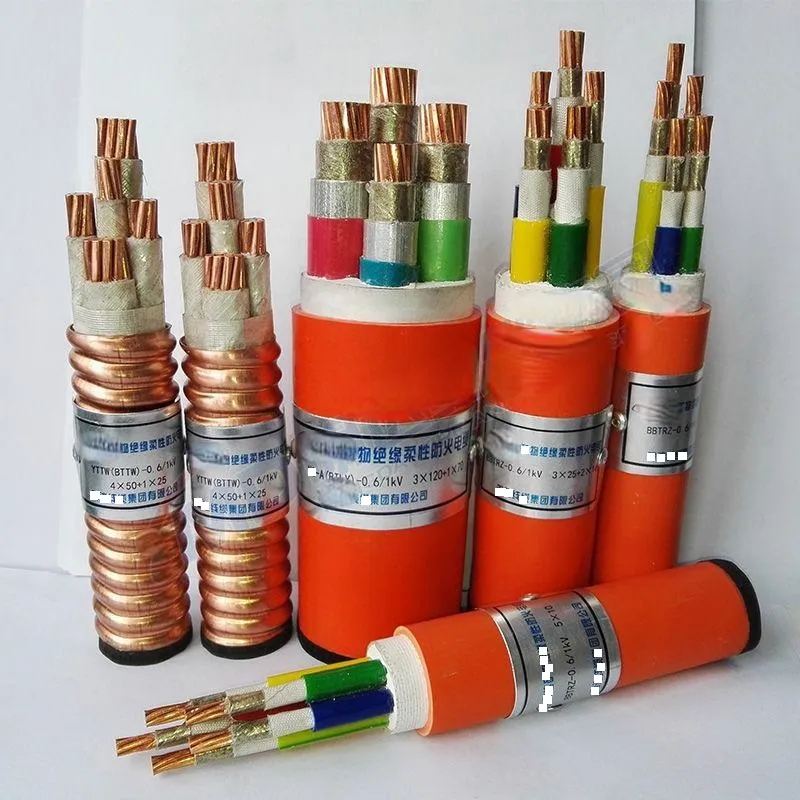9 月 . 22, 2024 17:54 Back to list
swing check valve flange type
Understanding Swing Check Valve Flange Types
Swing check valves are vital components in various piping systems, primarily used for preventing backflow in a pipeline. The design and functionality of these valves greatly influence the efficiency and safety of fluid systems. Among the many configurations available, the flange type swing check valve has gained popularity, particularly in industrial applications. In this article, we will explore the characteristics, advantages, and applications of flange type swing check valves.
What is a Swing Check Valve?
A swing check valve is a type of check valve that allows fluid to flow in one direction. It features a disc that swings on a hinge. When fluid flows in the correct direction, the disc opens, allowing flow. Conversely, if there is a reverse flow, the disc swings closed, sealing the valve and preventing backflow. This mechanism is crucial for protecting pumps, compressors, and other equipment from damage that can result from backflow.
Flange Type Design
Flange type swing check valves incorporate flanges—flat pieces of metal with holes for bolts—onto their ends for easy installation in piping systems. The flanges allow the valves to be securely bolted to pipe systems, ensuring tight seals and eliminating leakage. Typically, these valves are designed according to industry standards such as ANSI, which ensures compatibility with various pipeline materials and sizes.
Advantages of Flange Type Swing Check Valves
1. Ease of Installation The flange connection facilitates quick and straightforward installation, even in tight spaces. This can save time and labor costs during setup.
2. Robust Design Flange type swing check valves are often constructed from durable materials such as stainless steel, cast iron, or brass, ensuring longevity and reliability in demanding environments.
swing check valve flange type

4. Wide Range of Sizes Flange type valves are available in various sizes, accommodating a broad range of piping systems. This versatility adds to their appeal in diverse industrial applications, from water treatment to chemical processing.
5. Maintaining Pressure Integrity These valves effectively maintain pressure in a system while preventing backflow, which is critical for safety and operational efficiency.
Applications
Flange type swing check valves are utilized in several industries, including
- Water and Wastewater Treatment They are commonly employed in water pipelines to prevent backflow that could contaminate clean water supplies.
- Oil and Gas In upstream and downstream processes, these valves safeguard equipment from backflow, ensuring safe transportation and processing of fluids.
- Chemical Manufacturing They help in preventing undesirable reverse flow in chemical pipelines, protecting both equipment and personnel from hazardous spillages.
- HVAC Systems In heating, ventilation, and air conditioning, these valves help maintain airflow direction and system integrity.
Conclusion
Flange type swing check valves play an essential role in maintaining the integrity of various fluid systems. Their robust design, ease of installation, and ability to prevent backflow make them invaluable to multiple industries. Understanding their functionalities and applications enables engineers and technicians to make informed decisions regarding their use, ultimately enhancing the efficiency and safety of piping systems.
Share
-
Understanding the Differences Between Wafer Type Butterfly Valve and Lugged Butterfly ValveNewsOct.25,2024
-
The Efficiency of Wafer Type Butterfly Valve and Lugged Butterfly ValveNewsOct.25,2024
-
The Ultimate Guide to Industrial Swing Check Valve: Performance, Installation, and MaintenanceNewsOct.25,2024
-
Superior Performance with Industrial Swing Check Valve: The Essential Valve for Any SystemNewsOct.25,2024
-
Industrial Swing Check Valve: The Ideal Solution for Flow ControlNewsOct.25,2024
-
You Need to Know About Industrial Swing Check Valve: Functionality, Scope, and PerformanceNewsOct.25,2024